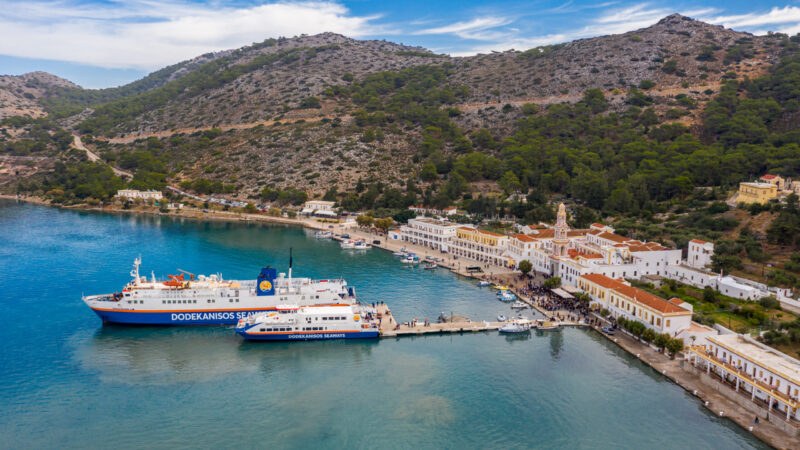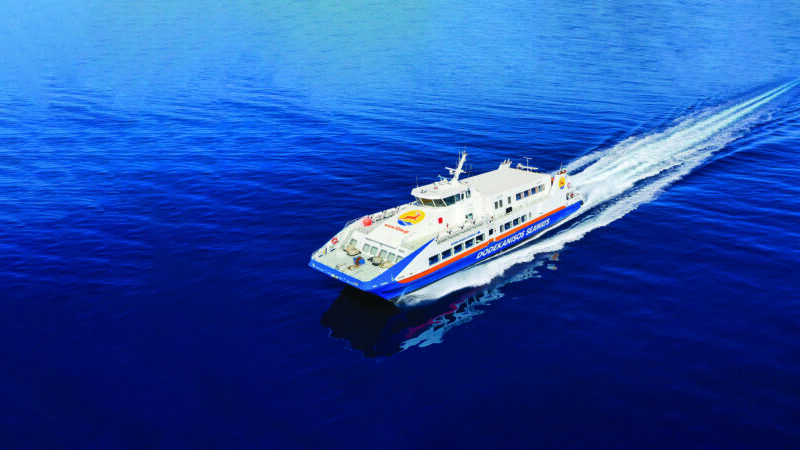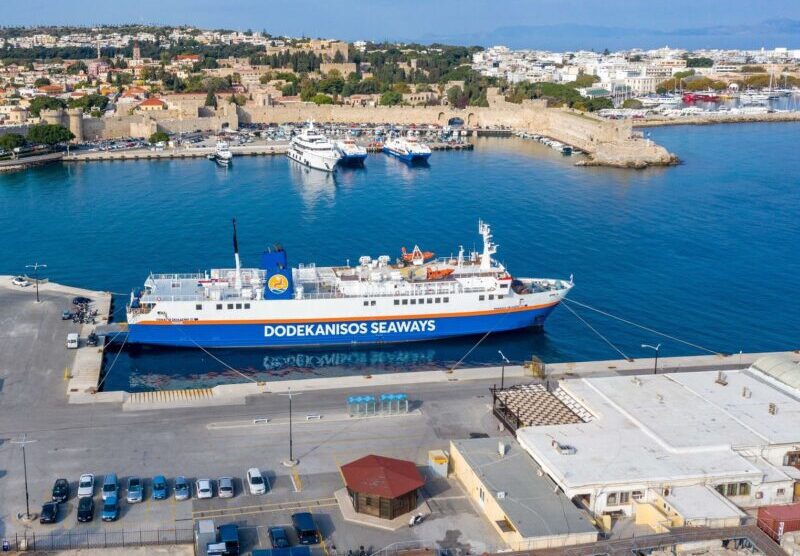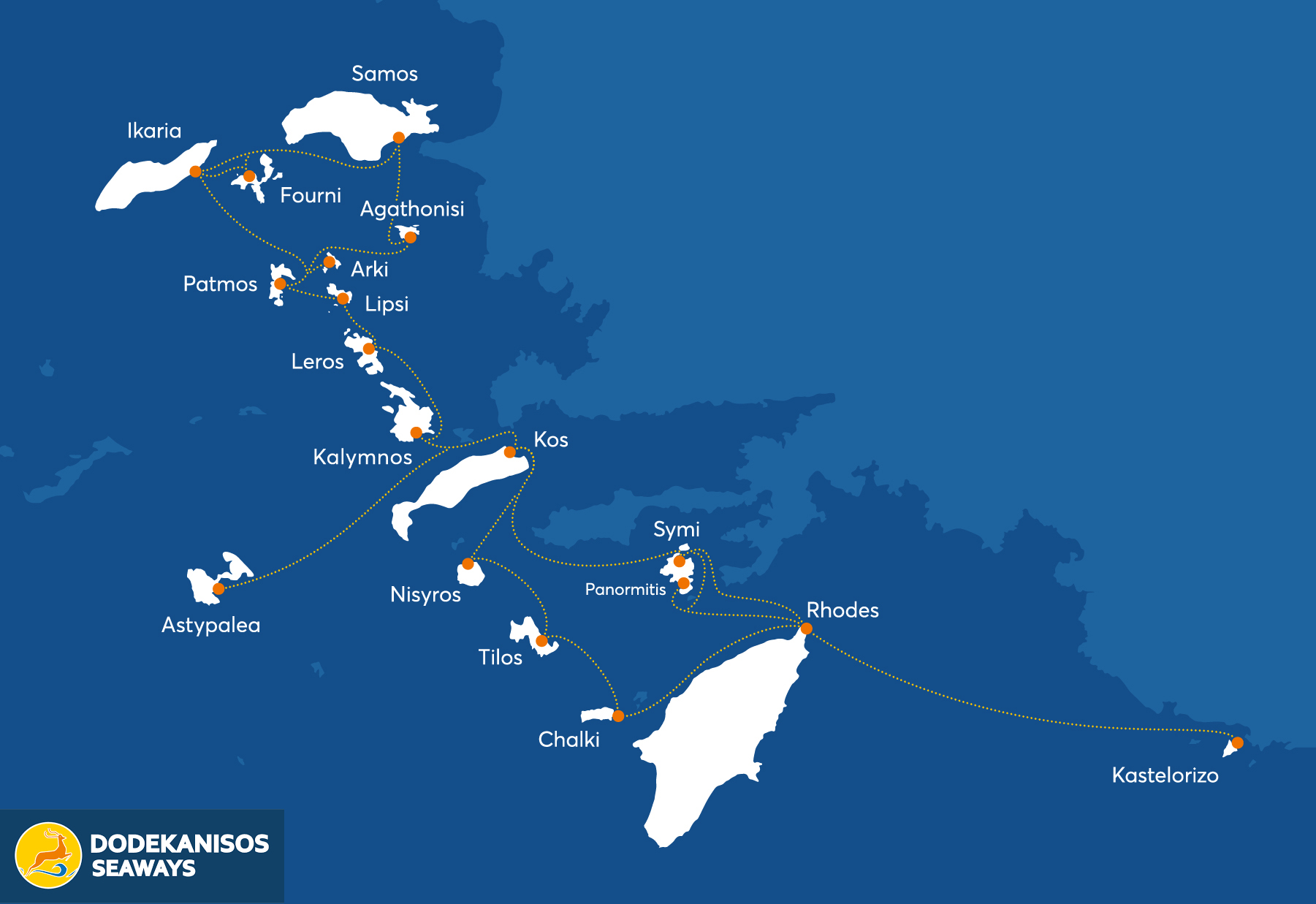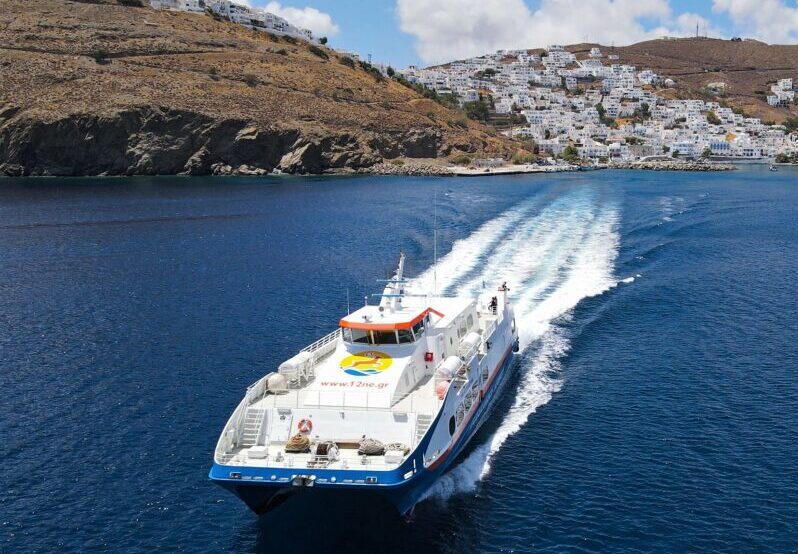Dodekanissos Seaways is one of the most important regional Greek ferry operators within the Hellenic Coastal Lines, offering high quality services and contributing to the development of local community and economy. It has acquired many prestigious awards and has been awarded by important institutions for its performance. In 2015 it was nominated “Best Coastal Shipping Company” by Lloyd’s List, while in 2016 it received numerous commendations by the Hellenic Red Cross, the Municipality of Rhodes, as well as Rhodes Main Port Authority. As part of its best passenger service, Dodekanisos Seaways cooperates with 16 Central Port Agents and more than 400 travel agencies.
FSN discussed with CEO Christos Spanos about the role of his company within the Hellenic Coastal Shipping, the consequences of the pandemic to the small ferry operators as well as his vision and plans about the future.
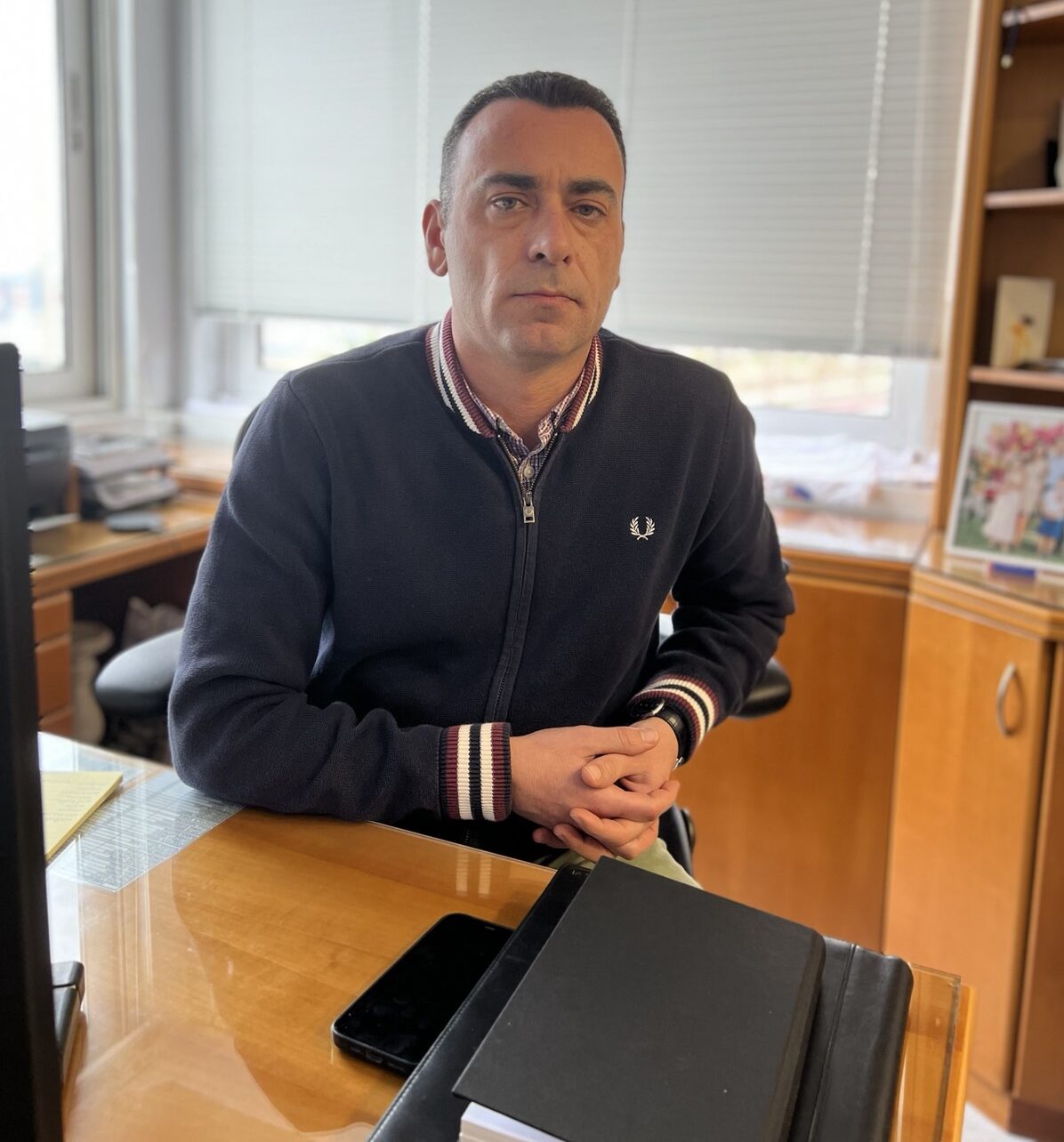
Dodekanisos Seaways is a medium-size Greek Ferry Operator within the Hellenic Coastal Shipping that offers punctual and high-quality services. Can you please tell us a few words about the history and the current situation of your company?
Dodekanisos Seaways was established in Rhodes in 1999, by my father Georgios C. Spanos. It begun its routes with a high-speed catamaran, the DODEKANISOS EXPRESS, built in Norway and delivered in 2000.
In 2005, the company built its second high-speed catamaran, DODEKANISOS PRIDE. Both catamarans were ordered by our consortium.
In 2011 the company acquired the passenger / vehicle ferry PANAGIA SKIADENI. Daily, 12 months a year, Dodekanisos Seaways transports with safety, speed and consistency more than 540,000 passengers to 18 unique different destinations in the Aegean Sea.
The company’s goal is to connect the inhabitants of our islands, to offer high quality travelling experience to visitors and to actively contribute to the development of local community and economy. We aim to support island life and tourism, listening to the needs of all its destinations and continuously adapting to them, offering sustainable sea transfers.
You are connecting the island of Rhodes with the rest of the Dodecanese islands (Inter- Island service) as well as the islands of the Eastern Aegean. Can you please shortly describe the major characteristics of this type of connection and how difficult is to run a company like Dodekanisos Seaways under the current circumstances?
Our main goal is to connect our islands. There are some of them like Arki (island) with less than 40 permanent inhabitants. We support our islanders with accountability, and we work seamlessly to supply our islands with the necessary provisions: food, medicine, products, and necessities. During the 22 years of our operation, we have dealt with many heavy seas and challenges, it is the nature of Shipping, nevertheless.
We are constantly developing our skills and knowledge to sustain these very demanding and surprising times we all live in. Weather conditions are critical in Dodecanese islands. The entire Aegean Sea is traditionally affected between July and August by the seasonal strong North-Eastern winds, called meltemi. Therefore, we are extremely cautious, as sailings may sometime be prohibited due to high winds. At the same time this causes gaps in the regular servicing of the islands. Needs for immediate transfer of patients and pregnant women may arise and, so far, we have dealt with them, without paying any attention whatsoever as to the lack of profitability for a specific journey.
The fact that in the past couple of years, we faced this unprecedented pandemic situation, put a lot of pressure on our cash flow, hence we are very conservative with our expenses, without underestimating the need for well-maintained vessels.
The pandemic is still causing quite some trouble to the Hellenic Coastal Shipping. How do you deal with it so far and what is the estimated cost for a company of your size?
We modified our itineraries along with other companies to serve the necessary transportation needs which was minimum due to Covid-19. We hope that in the year 2022 we will gradually return to normality. We are still running on 80% of the capacity, hoping that restrictions will soon be lifted to allow a regular summer season. The past couple of years financials crashed, though we had to operate as always to keep the consistency between the islands, traffic was minimal since we were travelling still on 20% of the capacity.
What do you think the State should do to support the smaller ferry operators in Greece? Do you have specific proposals that are already known to the Ministry of Shipping?
The Hellenic Ministry of Shipping and Island Policy has already set out a process from two main financing channels to assist both small and big domestic ferry market. All of us, operating in Coastal Shipping have been informed accordingly. Fleet renewal is an urgent issue and I really hope that it will not delay more and that most operators will achieve to participate in the upgrading of the Hellenic Coastal Fleet the soonest possible.
Final question: Is your company prepared to meet with the new strict European regulations concerning the reduction of the emissions and which are your future plans (newbuilding, second hand ferries, expand activities)?
Although the International Maritime Organization (IMO) has set 2020 as the date of entry into force of the world sulphur ceiling of 0.5%, οur fleet has been using sulphur fuels < 0.10% for several years, which are used in some very fragile ecosystems, such as the Baltic Sea and the North Sea, which are defined as Sulphur Oxide Emission Control Areas (SECA).
Our Company welcomes the comprehensive package of additional CO2 reduction measures for the existing global fleet, submitted by the International Maritime Organization (IMO) and agreed by the vast majority of the Organization’s member states. The agreement includes legally binding measures to ensure a 40% reduction in carbon emissions across the global fleet by 2030 and is a key starting point for a 100% reduction in shipping from carbon as soon as possible after 2050.
Dodekanisos Seaways has already started monitoring the new Energy Efficiency Existing Ship Index (EEXI) for each of its ships. In addition, we are in collaboration with various Naval and technical offices to install and test new types of technologies regarding emissions reduction.
Our plans include the construction of a newbuilding highspeed craft in the very near future. We have been working on it for a long time and now that things seem to stabilise, we intend to proceed with signing the shipbuilding contract, assuming nothing sudden and awkward like Covid-19 happens.
In terms of environmental improvements, we use both environmentally friendly and recyclable materials on a permanent basis.
Spyridon Roussos for Ferry Shipping News



